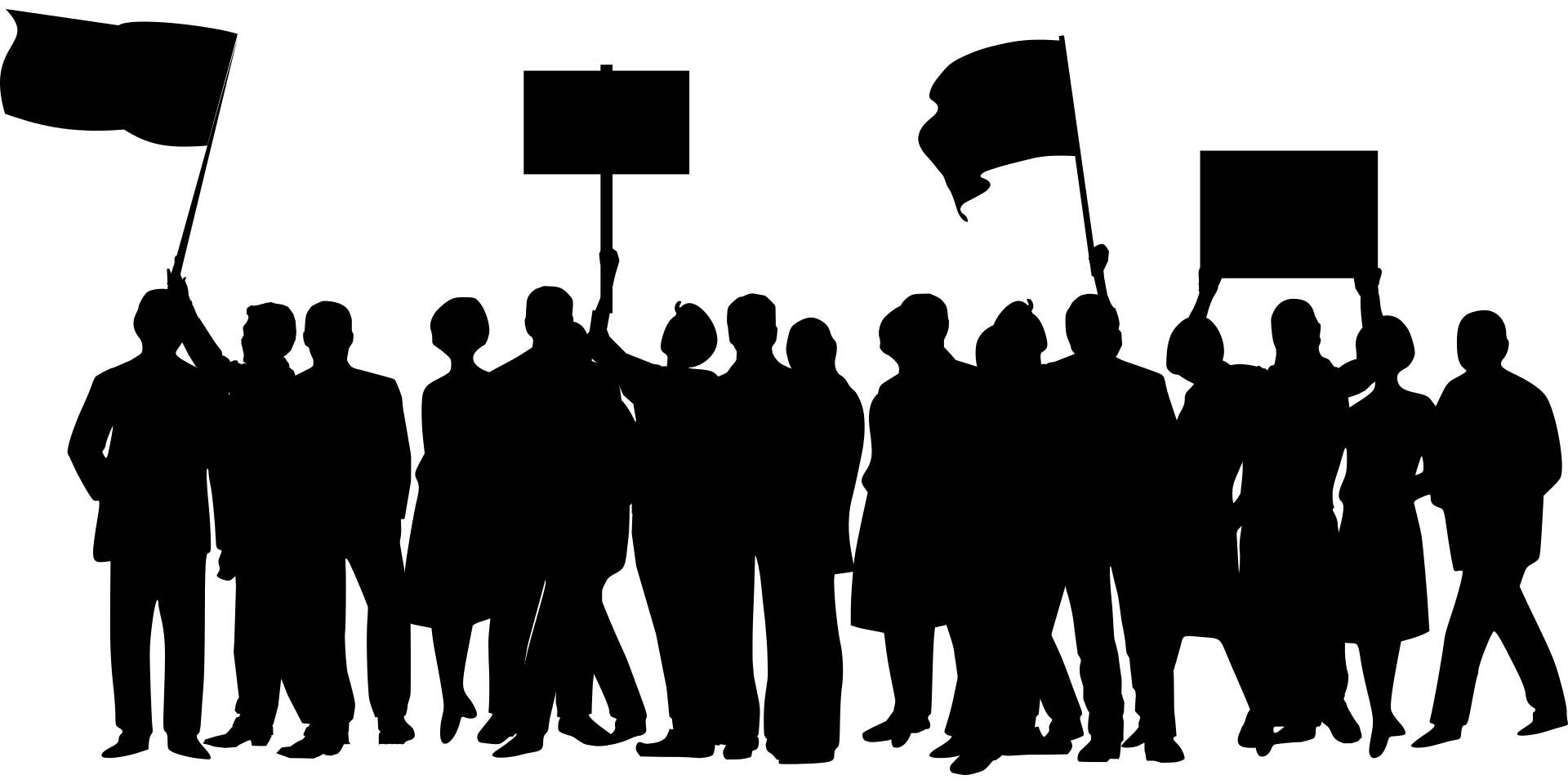Is the medium the message?

Description
Before instructors select digital platforms and digital tools for a course, they should interrogate the conditions under which these are created, maintained, and monetized. We should consider how the features and limitations of a product or service could impact our pedagogy. Further, we must take a critical eye to potential ethical tensions that might arise from partnering with specific corporations and nonprofits that have demonstrated behavior that is not consistent with our personal and institutional values.
List of Resources for Digital Platforms and Digital Tools
● Critical Interrogation of Platforms
We must teach “how to think in digital methods, not just with digital tools”
(Johanna Drucker, Digital Humanities [Ed. Anne Burdick, et al, Cambridge, MA: MIT Press, 2012]:92).
This course highlights digital platforms, inspires improvisation, and most importantly encourages students to use those skills beyond the parameters of the course.
We can think of these platforms as methodologies that help us think critically to understand inventive writing tools and how these provide new ways of reading. Samples of critical projects follow.
- The Photogrammar project at Yale uses thousands of Great Depression and WWII photos hosted from Library of Congress that add features to answer questions about photos, relate to certain subjects or themes, and / or find commonalities in the photos
- Documenting the Now (preserves social media activism in the archive; builds a community around difficult questions of ethically and respectfully creating a historical records of protests). It strives to make the social media conversation more inclusive. The discussions can lead to questions of ethics and how these systems (Twitter, Yelp, Strava, Facebook, Reddit, Instagram, and elsewhere) are built, saved, taken out of context, how the tool is shaped and marketed or sold. The archive works to make a more diverse, actively anti-racist record.
- Reflexive critical thinking of the platforms used in DH is essential to articulate the point of what these digital tools provide us to better understand the intersections of culture, society and its politics.
- Analytical approaches may include historiographical (Foucault), the sociological (Bourdieu), and the rhetorical (after Becher).
- Networked technologies have changed the ways we consume knowledge and reconfigured ways that knowledge is generated (Eric T. Meyer and Ralph Schroeder’s Knowledge Machines: Digital Transformations of the Sciences and Humanities [MIT 2015], 2).
- Henry Jenkins points to how we live in an increasingly participatory, connected world, which requires closer imbrications between digital practice and theory in a new collaborative modality (Convergence Culture: Where Old and New Media Collide(NYUP, 2006).
- Science-technology studies by Lorraine Daston and Peter Galison’s work on the history of changing ideals of “objectivity,” and Bruno Latour’s concepts of human agency and machine instrumentality in “actor-network theory.”
- Theorists associated with the critical political economy of media include: Michel Foucault, Stuart Hall, Jodi Dean, and Evgeny Morozov.
- More recent critics include Weller, Bruns, Burgess, Mahrt, Puschmann 2013, Rogers 2013 and Gillespie 2010.
(For more information see Anthony Mandal, 15 Digital Humanities, The Year’s Work in Critical and Cultural Theory, Volume 24, Issue 1, 1 January 2016, Pages 317–342).
● Repositories of Digital Humanities Resources
Many generous curators have assembled long lists of useful digital tools. Enjoy!
- Online crowdsourced repository for digital tools available. Good for helping sort through tools so that you find the one that fits your needs best.
- MIT Libraries Websites that provides brief descriptions of different types of digital tools available for use and how they might be used.
- DH Toychest curated by Alan Liu that provides, “Guides, tools, and other resources for practical work in the digital humanities by researchers, teachers, and students.”
- Lee Skallerup Bessette visited Critical Pedagogy and Digital Praxis at DHSI 2018 on June 13th, and generously shared this google doc with links to useful digital tools.
- On MLACommons there is an open peer-review site for the book Digital Pedagogy in the Humanities: Concepts, Models, and Experiments, a curated collection of reusable and remixable pedagogical artifacts for humanities scholars in development by the Modern Language Association
● Open Education Resources (OERs)
Open Educational Resources are freely accessible, openly licensed text, media, and other digital assets that are useful for teaching, learning, and assessing as well as for research purposes. OERs help reduce student expenses. There is no universal usage of open file formats in OER (Wikipedia)
Two substantial sites index and provide links to existing OERs, as well as tools for the creation or customizing of new OERs specific to course needs. OER Commons provides search engine with links to OERs and also facilitates the creation of OERs. Merlot provides access to curated OERs and content creation tools.
Questions to Consider for Digital Platforms and Digital Tools
- What are their politics of the company & its CEO?
- What functions does the tool reportedly perform? What does it actually do?
- What personal data is required to use the tool, where is it housed, and who owns it?
- How does the tool constrain or reinforce our pedagogies?
